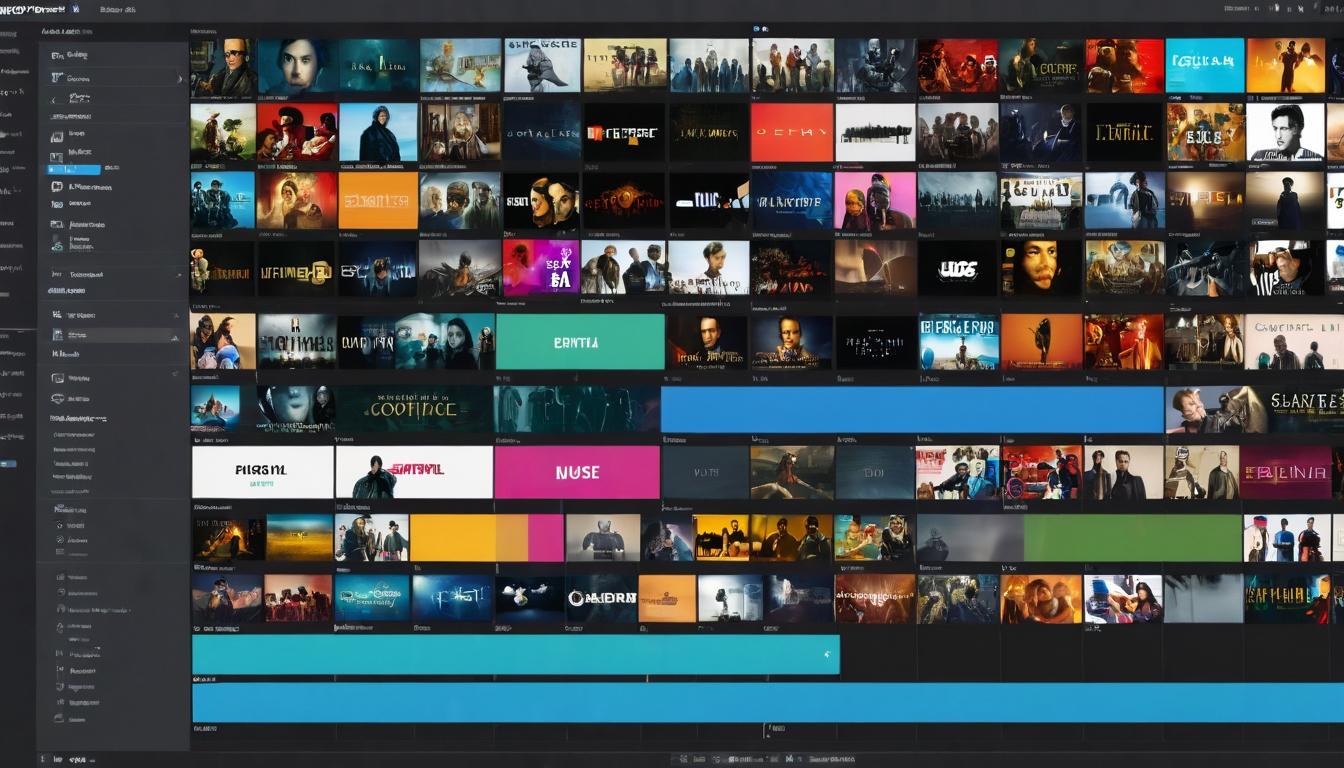The dimly lit scoring stage at Abbey Road Studios hums with anticipation as a sixty-piece orchestra tunes their instruments. At the podium, a composer raises their baton, ready to capture the emotional heartbeat of a major studio film. Yet outside these hallowed halls, a quiet revolution is threatening the very foundation of film music—one that streaming platforms and algorithmic content have accelerated beyond anyone's predictions.
Film music journalism has become the last bastion of serious discussion about this art form, with websites like Film Music Magazine and Film Score Monthly serving as critical archives of an evolving tradition. These platforms document everything from temp track controversies to the resurgence of practical instrumentation over synthetic replacements. They've become essential reading for composers fighting to preserve the orchestral tradition while adapting to Marvel's demand for hybrid electronic scores.
The economic realities have never been more brutal. Veteran composers who once commanded seven-figure fees now watch as production budgets allocate less than 3% to original music. Mid-career artists describe taking scoring assignments for prestige while paying their mortgages through video game work and commercial jingles. The democratization of scoring software has created a race to the bottom where producers often choose the cheapest option rather than the most artistically appropriate.
Streaming platforms have fundamentally altered how audiences experience film music. Where once John Williams' themes became cultural touchstones through repeated theatrical viewings and soundtrack album sales, today's scores often serve as atmospheric wallpaper beneath binge-watched content. Composers now talk about writing "music that doesn't annoy on third viewing" rather than creating memorable melodies that might pull attention from dialogue.
The physical media collapse erased soundtrack album sales that once provided crucial income for composers. Royalty structures for streaming plays pay fractions of pennies per listen, making it nearly impossible to earn a living from recordings alone. This has forced composers to rely entirely on upfront fees while losing backend participation that once funded years of creative exploration between projects.
Film music criticism itself faces existential threats. The same algorithms that recommend content based on viewing history have diminished the role of knowledgeable critics who understand leitmotif development and orchestration techniques. Social media reactions prioritize instant emotional responses over nuanced analysis of how music serves narrative—reducing complex scores to "epic" or "boring" binary judgments.
Yet against this bleak landscape, fascinating innovations emerge. Composers like Hildur Guðnadóttir (Joker) and Nicholas Britell (Succession) have demonstrated that distinctive musical voices can still break through the noise. Their scores prove that audiences respond to bold artistic choices rather than generic orchestral padding. The success of these works suggests that strong musical identities actually enhance commercial prospects rather than diminishing them.
Film music festivals and live-to-picture concerts have become unexpected revenue streams and cultural phenomena. Events where audiences watch films with live orchestral accompaniment regularly sell out arenas worldwide, proving that people crave authentic musical experiences in an increasingly digital world. These performances have introduced classic scores to new generations while providing crucial income for musicians whose studio work has diminished.
The most promising development might be the globalization of film scoring. Composers from Nigeria, South Korea, and Brazil are incorporating indigenous instruments and musical traditions into major productions, creating fresh sonic palettes that challenge Hollywood's homogenized sound. These artists often work with smaller ensembles and creative recording techniques that could point toward more sustainable models for the industry.
Preservation has become another urgent battle. Original score manuscripts and session recordings risk degradation in studio archives, with many classic scores existing only in poorly transferred digital formats. Organizations like The Society for the Preservation of Film Music race against time to save these artifacts before they're lost forever—a cultural tragedy that would erase crucial chapters of cinematic history.
What emerges from these challenges is a picture of resilience. Composers continue finding ways to create meaningful work within constraints, journalists and critics keep advocating for artistic value, and audiences demonstrate through concert attendance and soundtrack streaming that film music matters. The solutions won't come from nostalgic longing for past models but from building new ecosystems that value musical artistry as essential to storytelling.
The next decade will determine whether film scoring evolves into something new and vibrant or diminishes into background algorithmically generated noise. The composers, journalists, and fans fighting for its future understand that what's at stake isn't just employment opportunities but the emotional resonance of cinema itself. Their success will determine whether future films move us in ways we haven't yet imagined or simply provide competent auditory decoration.
The unsung heroes of cinema: how film composers are fighting for recognition in the streaming era

